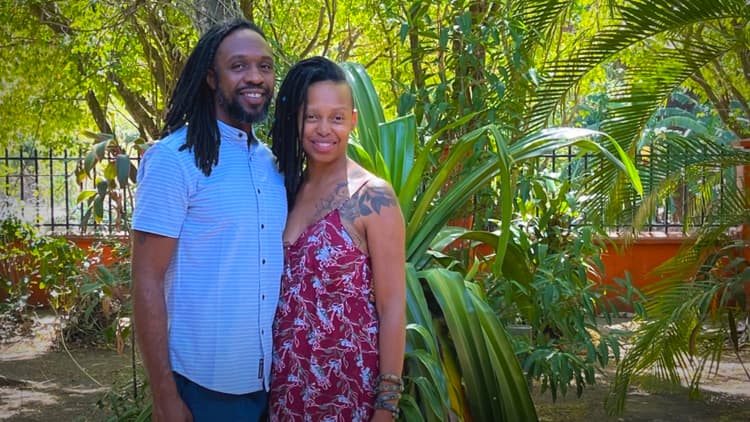Americans in their 30s have another 30 or so years before they reach retirement age, but they may not be saving enough to retire comfortably.
On average, Americans believe they’ll need nearly $1.3 million to retire comfortably, according to Northwestern Mutual’s 2023 Planning and Progress study.
However, the amount Americans in their 30s currently have saved is much lower. The median 401(k) balance for account holders in their 30s is around $20,400, according to the latest data from Fidelity Investments, the nation’s largest 401(k) provider. The data is from the fourth quarter of 2023.
The low amount could be due to several factors. A little over a third of Americans say rising living costs have gotten in the way of their ability to reach their retirement goals, while 27% say paying down their credit card debt has been a barrier, according to Fidelity’s 2024 State of Retirement Planning report.
Here’s how much Americans have in their 401(k)s by age as of the fourth quarter of 2023, according to Fidelity.
The good news is that it’s not too late for people in their 30s to get on track, says Anne Lester, a retirement expert and author of “Your Best Financial Life: Save Smart Now for the Future You Want.”
“You’ve got plenty of time,” she tells CNBC Make It. “You’re just going to end up saving at a slightly more aggressive rate than if you started earlier, and that’s fine.”
People in their 30s put about 11% of their salaries toward retirement savings, inclusive of any employer match, which falls slightly below the 15% savings rate Fidelity recommends.
One way to boost your savings rate without feeling like you’re sacrificing too much is to increase your contributions by 1% or 2% each year, Lester says. Many plans will even let you do this automatically through an auto-escalation feature, so you don’t have to remember to change your contribution amount each year.
“You don’t have to do it all at once,” she says. “The trick is to do it really, really slowly so you don’t feel deprived.”
However, if you don’t have anything saved for retirement, you may need to make some short-term sacrifices, such as contributing a larger percentage of any raises you receive toward your 401(k) or setting aside a larger chunk of any future bonuses or tax refunds, Lester says.
“If you promise yourself that you’ll save future raises, it actually won’t be as painful as it sounds,” she says.
Remember, you won’t have to make these adjustments forever. When you feel that you’re on track with your retirement savings goal and your other financial priorities, it’s OK to begin rewarding yourself, Lester says.
“My recommendation is boost your emergency savings, contribute enough to your 401(k) to get your employer match and then save for the good stuff like a vacation,” she says.
Want to make extra money outside of your day job? Sign up for CNBC’s new online course How to Earn Passive Income Online to learn about common passive income streams, tips to get started and real-life success stories. Register today and save 50% with discount code EARLYBIRD.
Plus, sign up for CNBC Make It’s newsletter to get tips and tricks for success at work, with money and in life.

Read More: World News | Entertainment News | Celeb News
CNBC







